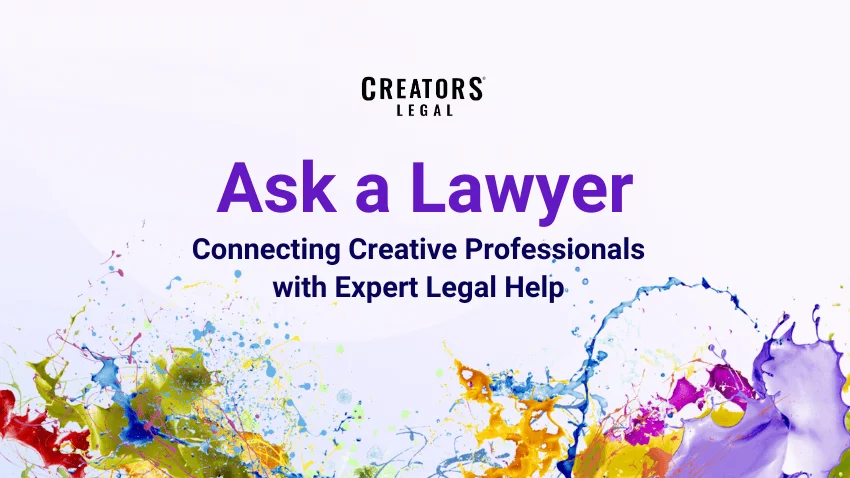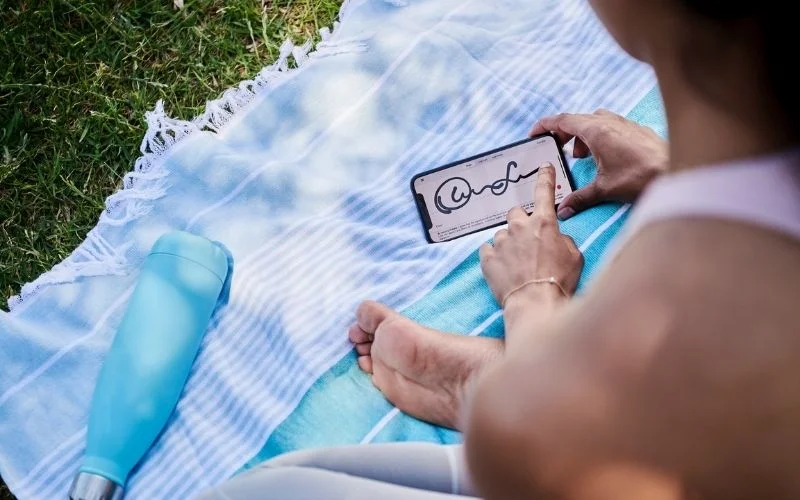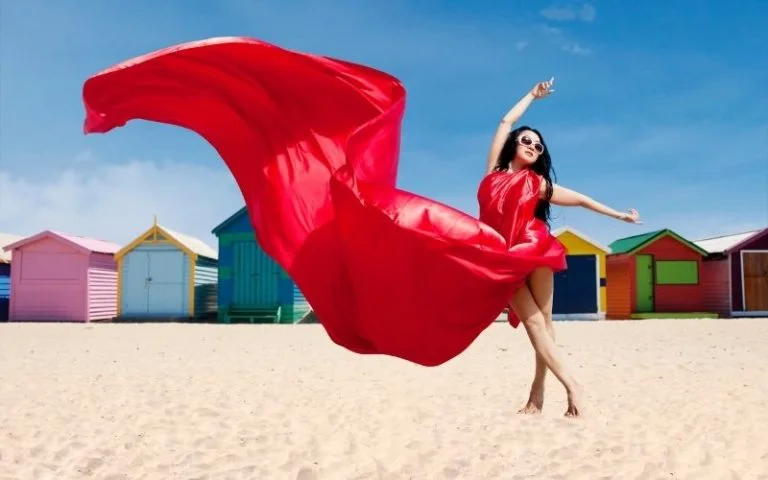As a content creator, it’s important to know about the issues that can affect your work and your income. And one issue that’s becoming increasingly important in 2023 is copyright infringement.
Copyright infringement is when someone uses your copyrighted content without your permission. This can include things like copying and pasting text, using your photos or videos without attribution, or even reposting your content on their own social media accounts. And unfortunately, with the ease of digital distribution, it’s becoming easier and easier for people to infringe on your copyright. All it takes is one click to share a photo or video online, and suddenly your content is being seen by thousands of people without you getting any of the credit or compensation you deserve.
It’s important to understand that as a content creator, you have certain exclusive rights to your content under copyright law. This includes the right to reproduce it, distribute it, and create derivatives. This means that if someone uses your content without your permission, they’re technically breaking the law. And if you can prove that they’ve infringed on your copyright, you may be able to take legal action against them. However, it’s important to note that taking legal action can be expensive and time-consuming, so it’s not always the best option.
One way to protect your content is to use a Creative Commons license. Creative Commons licenses allow you to give permission for others to use your content in certain ways, while still retaining some control over how it’s used. For example, you can use a Creative Commons license to allow others to share your content if they give you credit and don’t use it for commercial purposes. This can be a good way to promote your work and get more exposure while still protecting your rights.
Another way to protect your content is by using Digital Rights Management (DRM) or watermarking. DRM is a technology that prevents unauthorized copying or sharing of your content, while watermarking is a way to add your name or logo to your content so that people can’t claim it as their own.
It’s also important to be vigilant and keep an eye out for copyright infringement. If you see someone using your content without your permission, you can contact them and ask them to remove it. If they don’t, you can report the infringement to the platform where it’s appearing, such as YouTube or Instagram.
In addition to these steps, there are other ways to protect your content from copyright infringement. One such way is to register your copyrighted content with the U.S. Copyright Office. This gives you additional legal protection and makes it easier for you to prove that you are the rightful owner of the content in the event of an infringement lawsuit.
Another way to protect your content is to include a copyright notice on all of your content. This lets others know that your content is protected by copyright law and can serve as a deterrent to potential infringers.
Furthermore, it’s also a good idea to keep a record of all your published work and its original publication date, this will help you to prove that you were the first to publish a particular piece of content, in case of any infringement.
Another important aspect to consider is to be aware of the copyright laws of different countries, as they may vary and content that may be considered copyright infringement in one country may not be considered as such in another country.
It’s important to understand that copyright infringement is not just limited to your own content, but also to the content of others. It is important to respect the rights of other content creators and to always obtain permission before using someone else’s copyrighted content.
Additionally, it’s important to register your copyrighted content with the U.S. Copyright Office. This will give you even more legal protection if someone does infringe on your copyright. The registration process is relatively simple and can be done online. It’s also relatively inexpensive, with fees starting at $35 per registration. Once your work is registered, you will have the ability to file a lawsuit for copyright infringement and may be eligible for statutory damages and attorney’s fees.
Another way to protect your content is to use a copyright notice. This is a statement that lets others know that your work is protected by copyright law. It should include the copyright symbol (©), the year of first publication, and the name of the copyright owner. This notice can be included in the caption of your photos, the description of your videos, or at the bottom of your blog posts or articles. While it’s not required by law, it can serve as a reminder to others that your work is protected and should not be used without your permission.
As a content creator, it’s also important to be aware of “fair use” laws. Fair use is a legal doctrine that allows the use of copyrighted material without permission in certain circumstances, such as for criticism, commentary, news reporting, teaching, scholarship, or research. However, it’s important to note that fair use can be a gray area and is determined on a case-by-case basis. If you’re unsure if your use of someone else’s copyrighted material is fair use, it’s best to seek legal advice.
One way to avoid copyright infringement is to use royalty-free or public-domain content. Royalty-free content can be used without the need to pay royalties or license fees, while public-domain content is not protected by copyright and can be used freely. There are many websites and resources available that offer a wide range of royalty-free and public-domain content, such as Unsplash, Pixabay, and the Library of Congress.
In conclusion, copyright infringement is a serious issue that all content creators should be aware of in 2023. By understanding the basics of copyright law, using Creative Commons licenses, using DRM and watermarking, registering your copyrighted content, including copyright notice, being aware of fair use laws, and using royalty-free or public domain content, you can help protect your content and your income as a content creator. Remember to always keep your eyes open and take action if you see someone using your content without your permission. Additionally, it’s important to be proactive in protecting your content and stay informed about any changes in copyright laws.
Get a powerful form builder, a safe e-signature system, and your own personalized dashboard to store and manage all your contracts. Protect yourself in minutes without pricey entertainment attorneys!






